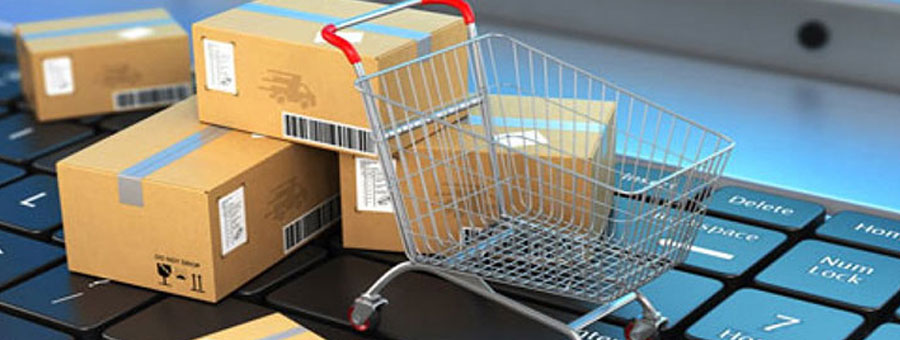Home »
Banking Awareness »

Advice on how to avoid the risks associated with online shopping

Advice on how to avoid the risks associated with online shopping
To shop safely and securely, follow the below advice:
- Use secure internet connection: not all internet connections are safe enough to be used in making payments over the internet. There is a much safer alternative which is accessing your favorite e-store using your mobile phone’s data bundle or a trusted internet network, and avoid using public wireless networks.
- Protect your devices: use a trusted device – whether a computer, tablet, or smartphone -, as it will be easier for you to detect any abnormal activity on such devices. Furthermore, it is important to make sure that the operating system and programs are all up-to-date, especially protection programs, to avoid any unprotected points of weakness that might be misused.
- Watch out for delusive deals: when receiving shopping offers, there is a great chance that these offers are not real (fake), and these offers are used to lure the victims and trick them into entering fake websites that steal their sensitive data (such as credit card numbers) or login information.
- Before initiating any purchases, select trusted and well-known stores that use the highest security measures that protect your data from being breached by others, and when you want to make a purchase, carefully read the terms of sale, especially the delivery terms and return policies.
- The store that you purchase from must be secure. You know that the store is secure when you see a small iron lock icon at the bottom of the screen on the website your wish to buy from. The web address of a secure website usually starts with «https», where the letter «s» indicated that the website is «secure».
- It is recommended that you use one credit card for all your online purchases. Dedicate one card for this purpose so that it is easier for you to detect any attempts by others to use your card.
- Make sure that the balance of this card is in line with the value of your purchases only and not keep all your balance in the main card account.
- Never give out your credit card numbers and details via email, social media, or chat rooms.
“We at Safa Bank will never ask you to provide us with any private information related to your account at the Bank, such as your account number or passcode via email, SMS messages, or phone calls. Safa Bank is not responsible for any loss resulting from your disclosure of any confidential banking data”. - Make sure that you activate the SMS service for the account linked to the credit card so that when you use the card, you will receive an SMS message confirming the transaction.
- Make sure that you read all the details and understand all the terms and conditions before finalizing any online deals.
- Use a different password for every website, to avoid having the rest of your accounts hacked in case the password for one website is revealed.
- Do not use old browsers or a device that has any illegal, illegitimate, or outdated programs, due to the possibility of having viruses embedded in the programs.



